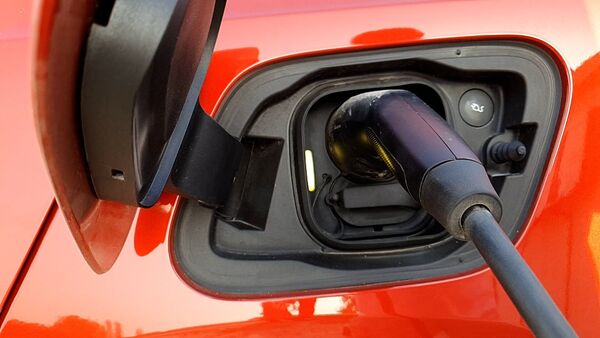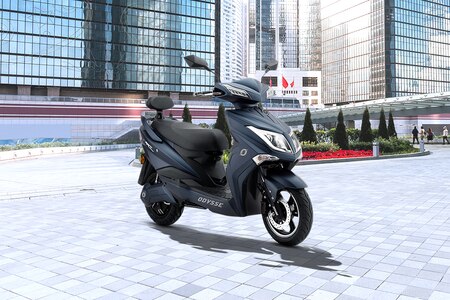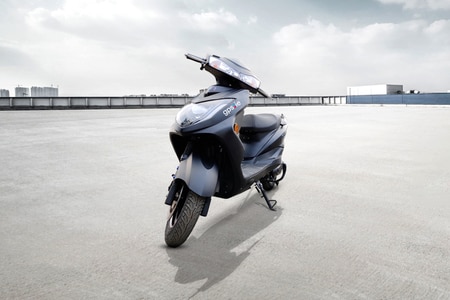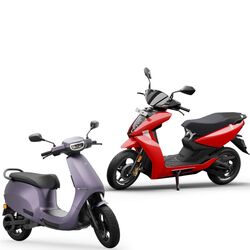Why China is wooing rural customers to switch to electric vehicles
- China is banking on buyers in rural parts of the country to embrace electric vehicles in a big way.


China, the world's largest electric vehicle (EV) market, has a problem - sales of new energy vehicles, which includes both pure electrics and plug-in hybrids, don't have the momentum it had previously. And while demand is still in the green for green vehicles, the slowing pace in the rise of demand is a matter of concern. As such, the Chinese government is now looking at taking such vehicles to the country's heartlands.
China's EV sales doubled in 2021 and 2022 as compared to previous years. But this year, sales are expected to rise by around 31 per cent. In a country where the transition towards new-age vehicles has been rather swift, this number may be good but not great. State-run Global Times reported on Thursday that plans are now being considered to ignite a spurt in demand for such vehicles in the rural parts of the country.
Also check these Bikes
The report highlights that in the first four months of the ongoing year, around 1.84 million fully-electric vehicles were sold and if the same momentum continues, 2023 could be a pale shadow of sales performance in 2022. The possible solution? Tap the rural market!
Charging challenges
On priority is the development and then expansion of charging infrastructure in far-flung places of China. For this, the country's top economic planner in National Development and Reform Commission (NDRC) and the National Administration of Energy (NEA) are looking to combine forces and carry out work in a swift manner. "Problems such as insufficient public charging infrastructure, difficulties in installing and sharing charging facilities in residential communities, as well as differences between supply and demand, are restricting the potential of new-energy vehicle consumption in rural areas," a document on the NDRC website highlights.
Also Read : Tesla China takes superchargers to Everest base camp
Buy to earn
Local governments are being increasingly urged to consider - and roll out - financial incentives for not just construction of EV infrastructure but to buyers of new-energy vehicles as well. EV makers are also being advised to diversify product portfolios to ensure that there are EVs tailor-made for requirements of the rural buyer. A key focus area is also to incentivise sales of second-hand vehicles.
These measures, it is expected, could galvanise sales of EVs at a time when EV adoption in rural China is a mere spec on figures overall. But it isn't as if efforts have not been made in the past. In 2020 itself, some of China's top government agencies had brought out a campaign to promote alternate-energy vehicles in far-flung places of the country, urging local governments to have constructive policies for infrastructure as well as for buyers here. It worked. At least to some extent. It is reported that around 4.1 million new-energy vehicles were sold in the country's small towns and villages between 2020 and 2022. Local manufacturers of electric vehicles had a major share in this.
But in the larger scheme of things, it is firmly believed that China's EV spread would need rural buyers to step up big time, a task that is easier said than done.








 2.96 kWh
2.96 kWh 170 Km
170 Km

















